RACIAL EXCLUSION IN CANCER CLINICAL TRIALS HAS LEFT BEHIND THE POPULATIONS MOST IN NEED OF TREATMENT
By Porscha Johnson, PharmD, CPGx
While research has led to profound advancements in cancer treatments — including antibody-drug conjugates and immunotherapy, as well as the utilization of pharmacogenomics to aim for precision medicine through gene-drug matched targeted therapy — there is a lack of representation in clinical trials for drug development for the very populations that need it most.
According to the American Cancer Society, Black people are projected to have approximately 224,080 new cancer cases and 73,680 cancer deaths in 2022. In contrast to their counterparts of any other racial/ethnic group within the United States, Black people are disproportionately subjected to the highest death rate and shortest survival for most cancers.1
Additionally, in certain situations, there is a double minority disadvantage: Black women are estimated to be 41% more likely to die from breast cancer, despite a lower incidence rate of this disease compared to White women.1
While the Black population undoubtedly has received the proverbial short end of the prevention, treatment and survivorship stick, it should be noted that Hispanics, Asian Americans and American Indians/Alaska natives often suffer a similar fate due to social determinants and racial disparities in clinical trials, as well as undeniable genetic variations.2
Clinical trial participation is vital for the expansion of scientific knowledge, as well as the improvement of patient outcomes as they ultimately determine safety and efficacy. However, it has been noted that very few adults enroll in cancer clinical trials.
Recent meta-analysis studies show that within the entire U.S. system, only an estimated 6.3% participated in these trials. Such enrollment was highest at NCI-designated comprehensive cancer centers (18.9%), while the treatment trial rates for community cancer programs (CCPs) and comprehensive CCPs were 4.4% and 3.6%, respectively.3
Strikingly, enrollment numbers are even lower for minorities. While less than 10% of those diagnosed with cancer participate in a clinical trial, almost three-fourths of those participants are White men.3
Clinical trials fail to inclusively represent the entire cancer treatment population, thereby forcing providers to unjustly extrapolate the provided data based on a majority White male population in attempt to fit those they serve.
Biologically, we simply are not made equally — whether it be men versus women or compounded with the variations throughout races. Therefore, an in-depth understanding and application of pharmacogenomics through increased minority genetic testing and clinical trial participation is fundamental for an all-inclusive treatment advancement approach towards true precision medicine.
BARRIERS
Ethically, we should all be striving to seek a change for the sake of our patients. However, to search for a solution, we must first understand the problem.
Inevitably, there is deep-rooted hurt and trauma resulting in the mistrust of the healthcare system by people of color. This hyperpigmented blemish derives from years of repetitive historical injustices of minorities and people of color, including:
- The North Carolina state government-funded eugenics program that sterilized Black females for population control;
- The misappropriation of Henrietta Lacks’ now-infamous HeLa cells exploited in cancer-focused research amongst other medical discoveries without the consent of her surviving family members;
- The lead-poisoned water crisis that ravaged the majority Black-populated town of Flint, Michigan; and
- The global coronavirus pandemic that highlighted the disproportionate allocation of treatment and medical services for minorities resulting in a higher death toll.
Most notably, this year marks the 50th anniversary of the unveiling horrific details of the four-decade-long Tuskegee Syphilis Study led by the U.S. Public Health Service and the ongoing repercussions that followed for future medical encounters.4
OTHER FACTORS
While we must never make light of the horrid medical treatment history which has tainted the views of people of color, we should also be mindful of additional underlying contributors to racial/ethnic disparities and barriers to genomics inclusion in cancer clinical trials.
While Blacks and other minorities suffer an unbalanced share of cancer mortality, patients are holistically much more than their disease. Cancer disparities reveal the multifaceted connections between many factors which have an overpowering effect on cancer risk and patient outcomes — including social determinants of health, behavior, human biology and genetics.5
Certain individuals are more predisposed to cancer disparities due to their increased likelihood of encountering healthcare obstacles. Such potential impediments include financial limitations due to low incomes and limited paid medical leave, health literacy gaps, language barriers, restricted access to equitable healthcare, extensive travel distances to screening sites, unreliable transportation, exposure to harmful cancer-causing
environmental conditions or food deserts due to historic redlining, clinical trial-excluding comorbidities, structural racism and health system wariness.1,6
As a result of residential segregation, majority Black and Hispanic areas are more likely to have restricted access to quality care. Therefore, people of color are often forced to heavily rely on community health centers, emergency room/outpatient care and community-based providers due to the lack of available primary care providers in a given geographic area.7
While traveling outside of the immediate geographic area to access healthcare may be an option for some people, this can prove to be a challenge for others due to lack of access to transportation for those with limited incomes or for those living in rural areas.7
The lack of Medicaid expansion in key states, health disparities and healthcare provider shortages make it incredibly hard to comprehensively address the healthcare needs of disadvantaged Americans.7
These populations are less likely to receive recommended cancer screening tests; and when paired with delayed seeking of medical attention due to mistrust in the medical community, they are more likely to be diagnosed with advanced-stage cancer compared to those who do not encounter these obstacles.
In addition, social issues such as dependence on others for childcare, caregiving and transportation for timed medical visits, labs and scans may create a higher probability for clinical trial protocol violations for enrolled patients.
Furthermore, inherited factors including germline mutations or somatic tumor aberrations suggest that there are differences in the genetics, tumor biology, and immune environment of individuals which may profoundly contribute to inequalities in incidence, aggressiveness, and response to treatment of certain cancers.6
While immunotherapy and other targeted therapies have undoubtedly revolutionized cancer care, we must encourage minority participation in biomarker testing for better informed treatment selection and increased enrollment in applicable clinical trials.
METHODS TO OVERCOME
Uncoiling the web of barriers begins with fostering cultural competency and eliminating both conscious and unconscious bias. Healthcare providers must employ empathy while recognizing that inherently, we all are not intrinsically engineered the same.
A team-based effort to incorporate diversity, equity and inclusion into training for healthcare professional students, residents, preceptors and providers is critical for attempting to level the playing field for those who are struggling to navigate our healthcare system.
When identifying strategic priorities moving forward, the recruitment process for clinical trials must be at the forefront, involving implementing methods to combat the hesitancy or limitations to participation.
One of the greatest contributing factors to disparities is the shortage of minority healthcare providers in these greatly affected communities.7
Oftentimes, being the only person of color serving as the cultural liaison for my patients is a glaring reminder that the healthcare profession has a long road to trudge in ensuring that patients can see glimpses of themselves from whom they seek care.
Minority healthcare providers tend to alleviate anxiety and instill assurance for people of color by offering a familiar and trusted face to speak with patients reluctant to pursue treatment, enroll in clinical trials or seek genetic testing. Ultimately, it is beneficial to have confidence that your healthcare provider can see your humanity and offer you the adequate treatment you deserve.
Organizations such as the American Society of Clinical Oncology (ASCO), in conjunction with the Association of Community Cancer Centers (ACCC), provide online assessment tools to assist research teams with identifying potential opportunities to increase diversity, equity, and inclusion in clinical trials by facilitating an internal review of existing policies, programs and procedures.8
The assessment results provide sites with strategies for improvement such as diversifying the workforce, developing sustainable community partnerships, implicit bias training, and routinely collecting screening and enrollment data to assess and address disparities. 8
Additionally, the corresponding ASCO-ACCC Just ASK™ Training Program is an online implicit bias training program focused on increasing diversity in cancer clinical research.8
Reducing or eliminating cancer disparities in the pursuit of health equity will require healthcare policy changes and reform to overcome systemic social, racial, and/or institutional inequalities.5,9
In an attempt to prioritize minorities — especially in research — sponsoring pharmaceutical companies have begun to specifically inquire about the signing institution’s minority programs/strategies as part of initial feasibility surveys for new clinical trials participation.
In order to overcome the enrollment hurdle in some minorities, reevaluation of clinical trial eligibility criteria is necessary to account for the number and gravity of coexisting health conditions, as well as lessening detriment to their families, employment and finances.
State Medicaid plans were among the last major forms of insurance in the United States that did not cover routine clinical trial expenses, discouraging many Medicaid enrollees from participation. The American Cancer Society Cancer Action Network (ACS CAN) has successfully led and advocated for state and federal legislation reform to ensure countrywide Medicaid coverage of these associated costs.1
ACS CAN is also urging the passage of the DIVERSE Trials Act, which would facilitate an increase in racial, socioeconomic and geographic diversity in clinical trials, as well as ease the financial burden of participants by granting trial sponsors permission to reimburse patients for ancillary costs, such as travel or lodging.1
These changes, along with state-driven expansion of Medicare reimbursement for pharmacogenomics, are the catalysts for proactive evaluation of polygenic risk scores, carrier status of certain enzyme deficiencies, and increased knowledge about the influences of polymorphic variations on treatment response to select oncolytics.
CONCLUSION
To truly practice at the height of their license, a provider must be an advocate, rather than part of the problem. It can be challenging to attract and enroll those who are traditionally underrepresented by ethnicity, race, socioeconomic status, genetic variations, especially those who are underserved in rural areas.
However, eliminating disparities in cancer by diversifying clinical trial participation should be an overarching goal for all healthcare practices for everyone to have a fair and just opportunity to live a longer, healthier life regardless of their inevitable differences. Such systemic metamorphosis requires extensive staff education.
We as providers must comprehensively assess the home needs of each patient throughout their entire cancer continuum, including proximity to quality care, transportation, lodging, nutritional meals, childcare and family support/assistance.10
Since social determinants truly do affect their outcome, it is critical for us to forgo preconceived assumptions while listening intently to seek understanding in determining the “why not” when exploring clinical trials as a treatment option.6
Clinical utility of pharmacogenomics is the foundational key to health equity. Studies have proven that distinct ethnicity-related variations in genes and allele frequencies can influence the pharmacokinetics, efficacy, and safety of particular medications,2 thus providers must account for these genomics implications during treatment selection.
Ultimately, the decision to seek identification of these genetic variants and act upon them has the potential to dramatically alter a patient’s equitable access to clinical trials and overall treatment outcomes.
Porscha Johnson, PharmD, CPGx, is a Clinical Pharmacy Specialist (Medical Oncology) at Northside Hospital in Atlanta, Georgia, and is the lead Clinical Oncology Pharmacist for the Cancer Genomics Team at the Northside Hospital Cancer Institute.
REFERENCES
- American Cancer Society. Cancer Facts & Figures for African American/Black People 2022-2024.
- Grenade C, Phelps MA, Villalona-Calero MA. Race and Ethnicity in Cancer Therapy: What Have We Learned? Clinical Pharmacology & Therapeutics. 2014;95(4):403-412. doi:10.1038/clpt.2014.5.
- Unger JM, Fleury M. Nationally representative estimates of the participation of cancer patients in clinical research studies according to the commission on cancer. J Clin Oncol. 2021; 39 (28_suppl):74-74. doi:10.1200/JCO.2020.39.28_suppl.74.
- Lee TJ and JS. Health and race disparities in America have deep roots: A brief timeline. Detroit Free Press. Published April 20, 2020. https://www.freep.com/story/news/local/michigan/2020/04/20/timeline-health-race-disparities/5145641002/.
- National Cancer Institute. Cancer Disparities. Published March 28, 2022. https://www.cancer.gov/about-cancer/understanding/disparities.
- Duma, N et al. Community Conversations: Real World Strategies for Tackling Disparities in Immunotherapy Cancer Care. CME sponsored by Academy for Continued Healthcare Learning.
- Taylor J. Racism, Inequality, and Health Care for African Americans. The Century Foundation. Published December 19, 2019. https://tcf.org/content/report/racism-inequality-health-care-african-americans/?agreed=1.
- ASCO-ACCC Initiative to Increase Racial & Ethnic Diversity in Clinical Trials. ASCO. Published April 27, 2021. https://www.asco.org/news-initiatives/current-initiatives/cancer-care-initiatives/diversity-cancer-clinical-trials.
- National Cancer Institute. Clinical Trials: Bringing Cancer Research to All Possible Participants. Published September 1, 2021. https://www.cancer.gov/research/annual-plan/scientific-topics/clinical-trials.
- Ellis KR, Black KZ, Baker S, et al. Racial Differences in the Influence of Health Care System Factors on Informal Support for Cancer Care Among Black and White Breast and Lung Cancer Survivors. Fam Community Health. 2020;43(3):200-212. doi:10.1097/FCH.0000000000000264.




